First published in 1998, the Yearbook documents the trends and developments with regard to private labels in more than 7 000 product categories in 19 countries. The categories include food, snacks and beverages, health and beauty products, household goods of all kinds and naturally pet products.
It can be used to help identify categories in which opportunities exist for greater market penetration of private labels. The regional performance of private labels can be tracked, while initiatives and results can be compared. The Yearbook is a unique research publication that would be inconceivable without the support and collaboration of The Nielsen Company.
With offices in Amsterdam and New York, the PLMA represents more than 4 500 manufacturers and suppliers from across the globe. Its members range from companies producing exclusively private labels to those that manufacture branded goods of their own as well as private labels.
Strongly positioned in Europe
In almost all of the countries looked at by Nielsen (with one exception), the market share of retailers' brands - taking all categories together - amounted to over 30 per cent. Great Britain and Germany are two of the biggest private label markets. In France, nearly one in three products sold is now a retailer's brand. The biggest growth in market share to date was more than 2 per cent in Italy, while another of the biggest rises was observed in the Netherlands; here market share increased by more than seven points to 37 per cent. The unusually steep rise here, however, was due to the inclusion by Nielsen for the first time of sales by Aldi, a discounter with a large number of private labels in its assortment. In Belgium, the market share of private labels climbed to 44 per cent.

 Menü
Menü

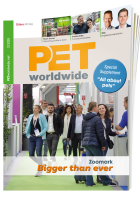



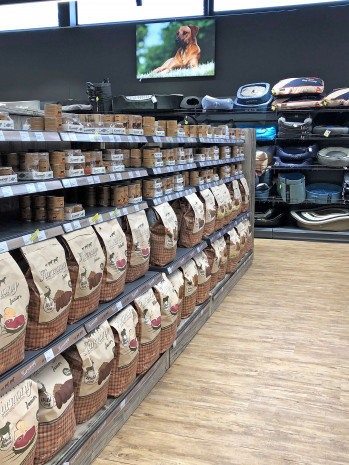


 4/2020
4/2020

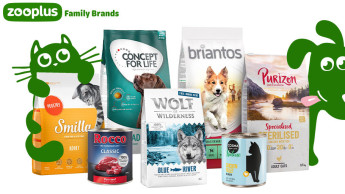
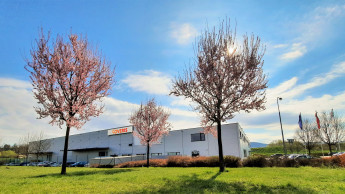
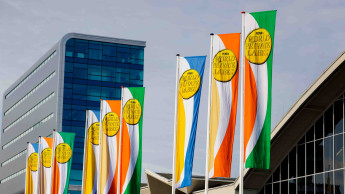
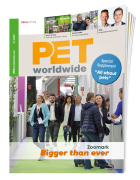
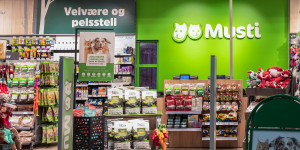

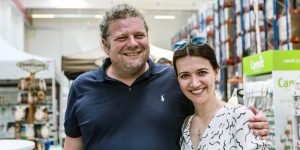
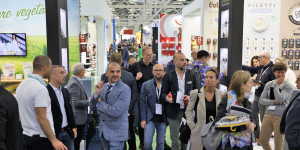

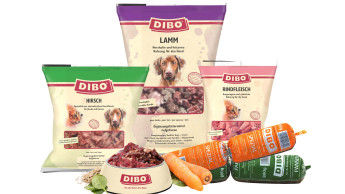
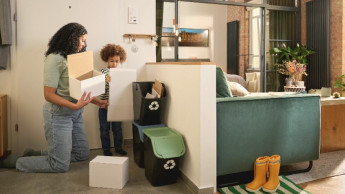
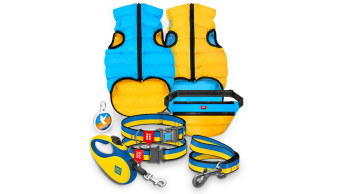
 Newsletter
Newsletter